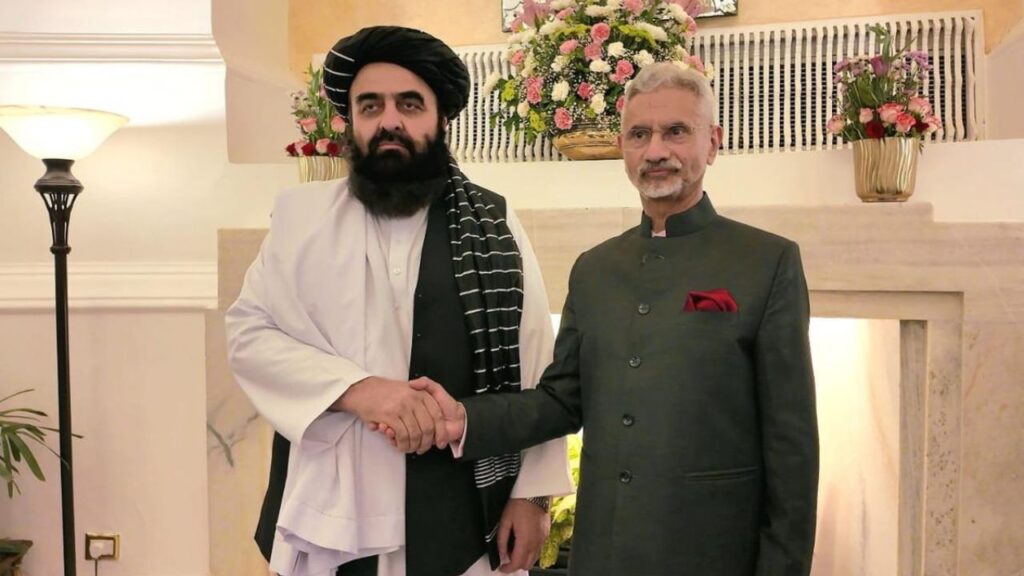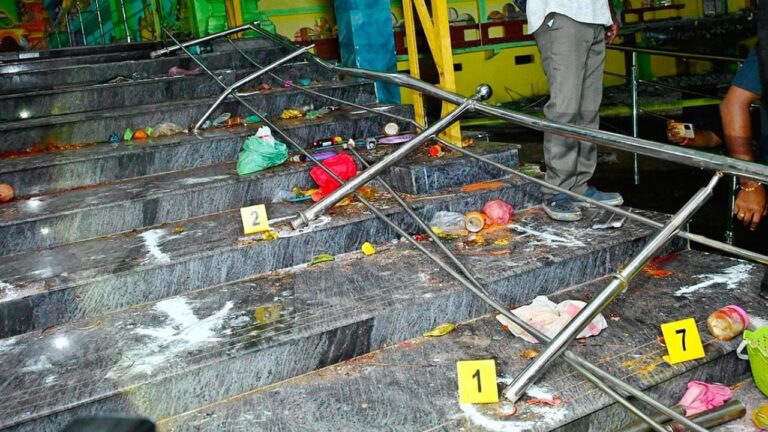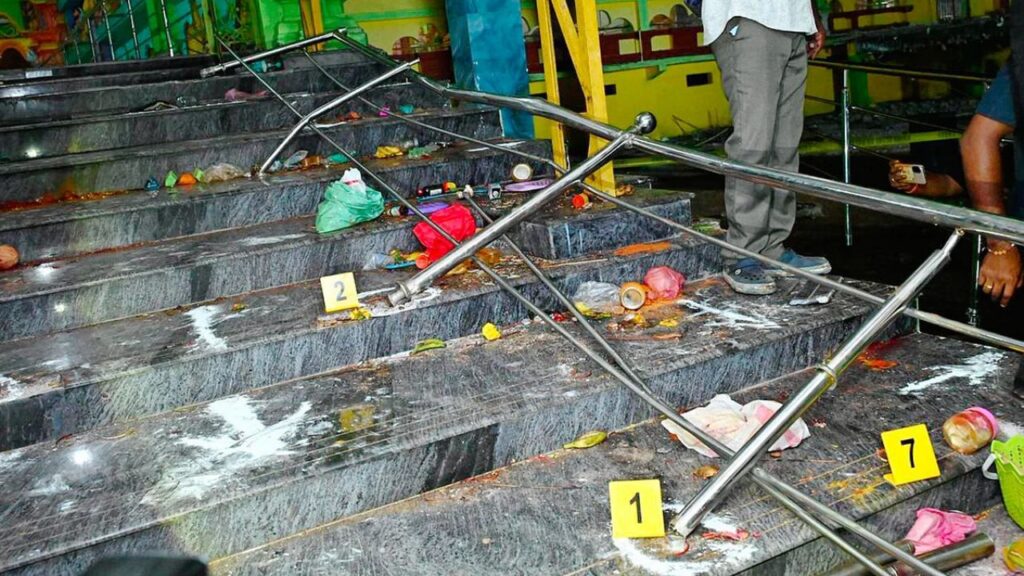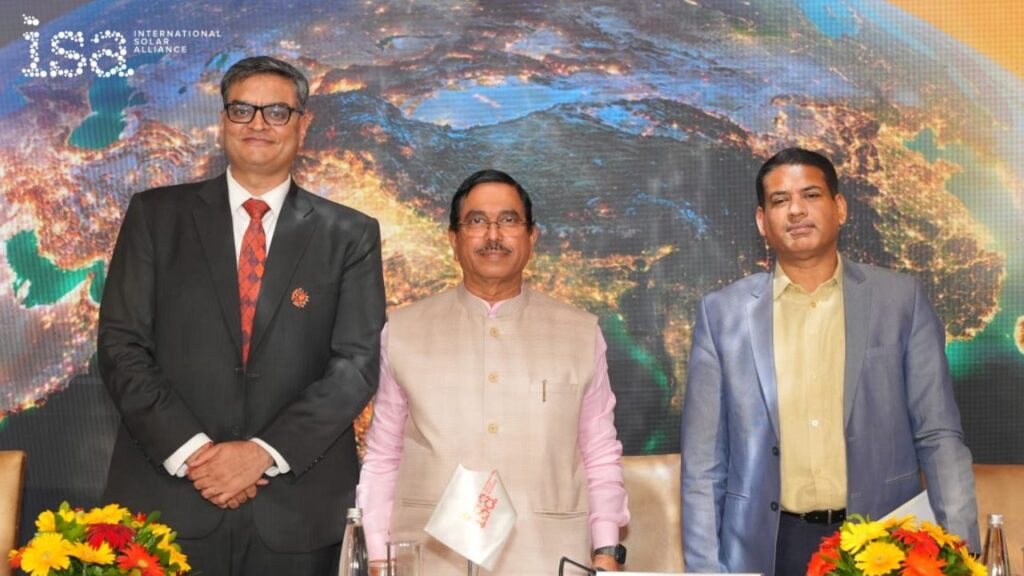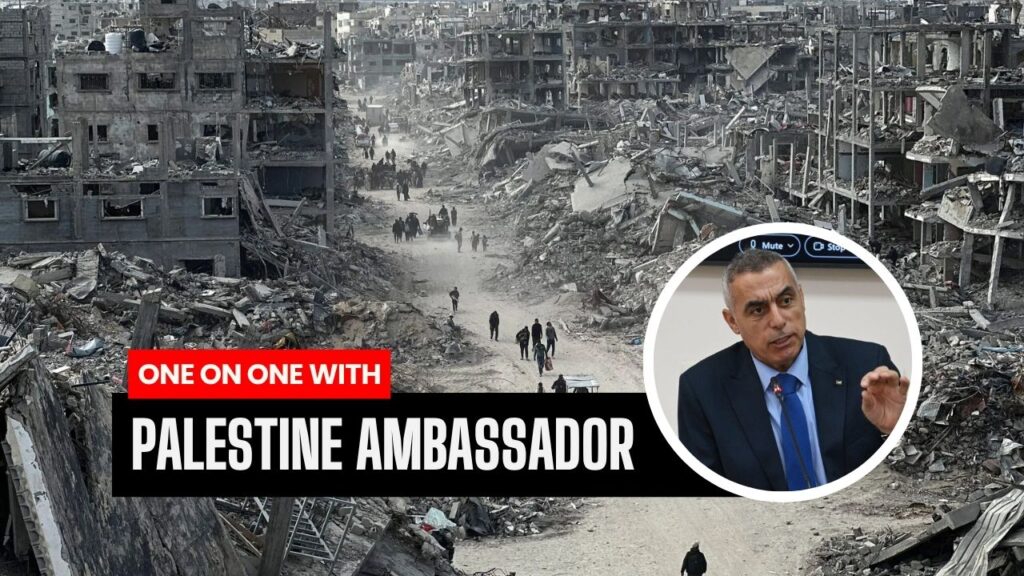In the year 1892, India’s first Nobel laureate, Gurudev Rabindranath Tagore, wrote the iconic short story, Kabuliwala (The Person from Kabul, Afghanistan). Over the past century, this interpretation embedded a romantic image of Afghans in Bengal and India as a whole. The Afghan Indian friendship has been one of the oldest living trans trans-border relationship, as the connection is cross cultural and multidimensional.
Around 2500 years ago, the Grand Trunk Road connected the East of India to Central Asia via Kabul. That bears the testament to this relationship which has seen multiple flips of the coin.
India has been one of Afghanistan’s most steadfast partners, investing over $3 billion in 500+ projects across all 34 provinces, making it the fifth-largest donor to the country. Support are multidimensional like infrastructure, education, healthcare, connectivity, and humanitarian relief, reflecting an enduring commitment to Afghan stability and sovereignty.
Major projects like the Salma (Afghan–India Friendship) Dam, Shahtoot Dam, and the Afghan Parliament Building stand as symbols of India’s constructive role in nation-building. India also built and restored key schools and hospitals including the Indira Gandhi Institute of Child Health in Kabul and offers 10,000+ scholarships and technical training to Afghan students, diplomats, and civil servants.
India’s Strategic Partnership Agreement (2011) institutionalised cooperation in security, counter-terrorism, and training with over 1,500 Afghan army and police officers trained between 2001–2021.
Even amid crises and change of guard in Kabul, India extended $25 million in humanitarian aid (2021–2023), supplying 50,000 tons of wheat, medical relief, and emergency assistance after earthquakes and floods. It also evacuated hundreds of Afghans and granted asylum to many seeking refuge.
At global platforms like the UN Security Council (2025), India reaffirmed support for an inclusive, sovereign, and self-reliant Afghanistan, underscoring its role as a trusted friend in every phase of Afghan reconstruction which must include the fair representation of women and children’s education and improving the conditions of livelihood as no country should marginalise gender based segregation.
The recent Bombing in Kabul is an interesting development in today’s times. Pakistani commentators have been claiming the recent Saudi-Pak defence pact as signalling an Eastern NATO alliance. However, the aerial Bombing in Kabul may have blown any possibility of promoting such an alliance in the wake of a fellow Islamic country like Afghanistan being targeted.
Pakistan should not view Afghan-India relationships as a zero sum game. Afghanistan is often referred to as the Heart of Asia, Kabul has the potential to unlock a new era for all Afghans (irrespective of tribal or gender identity) alongside with India as a trusted ally.
Priyajit Debsarkar writes on geopolitics, trade, and international relations, especially focused on Asia. His has written columns for South China Morning Post, The Epoch Times, The Economic Times, and BBC Bengali.
Disclaimer: The views and opinions expressed in this piece are those of the author and do not necessarily reflect the views of the editorial board or the organization.

